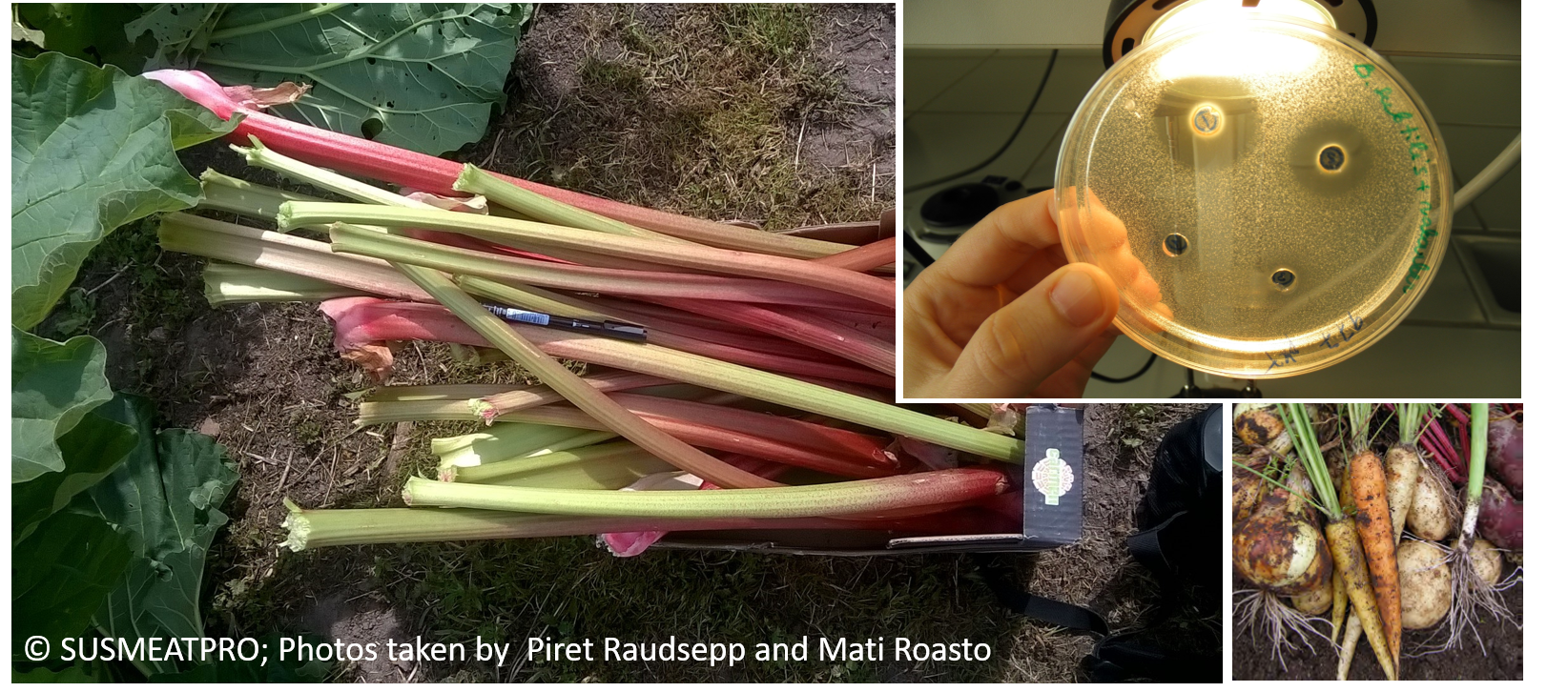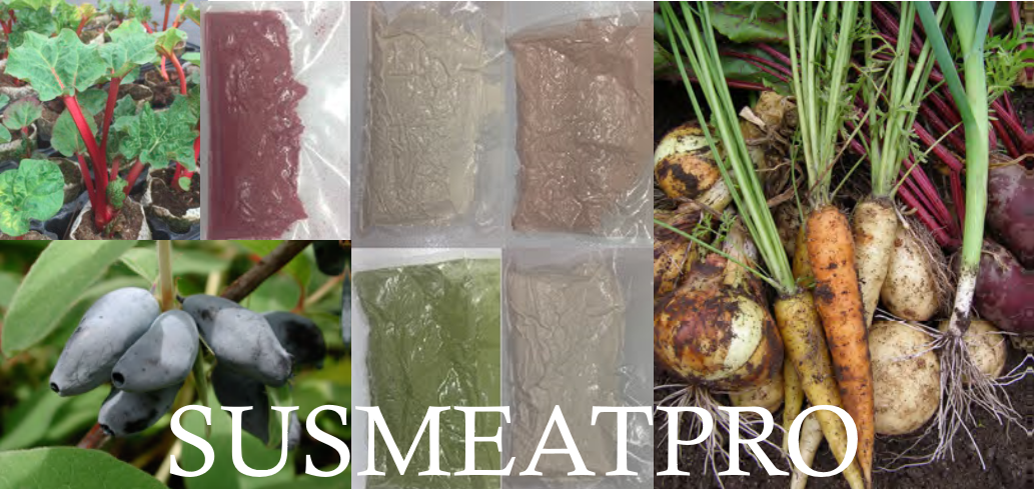Sustainable plant ingredients for healthier meat products - proof of concepts
The European Union has in the Europe 2020 strategy a vision to achieve sustainable and safe food systems. One big challenge in this regard is that many epidemiological and experimental studies suggest that a high intake of red and processed meat is associated with increased colorectal cancer risk. However, meat is a healthy food item and has proteins of high biological value, a high content of essential minerals and B-vitamins, but lacks antioxidants. The addition of complex antioxidant plant extracts to processed meat could result in healthier products due to decreased level of oxidation in the meat, thus preventing the inflammation reactions upon consumption. In addition, innovative preservation strategies are needed for both conventional and organic meat products to improve sustainability and reduce potentially harmful effects of processing and meat consumption. Again, complex plant extracts, with high contents of specific phytochemicals obtained from various horticultural plant materials and side streams from the processing of these materials, could have synergistic antimicrobial effects, inhibit the growth of pathogenic and spoilage bacteria in different meat products, and improve overall quality and safety of meat. Therefore, the project "Sustainable plant ingredients for healthier meat products - proof of concepts (SUSMEATPRO)" started. In this project, local horticultural plant material and side streams were collected and screened for antioxidant and antimicrobial capacities in different test systems in vitro. Extracts of superior capacities were selected and tested in conceptual meat products with promising results. In order to prove the concept of healthier meat products with complex plant additives against colon cancer, animal tests are under performance during the last year of the project.


Project consortium
Coordinated by
Swedish University of Agricultural Sciences (SE)
Partners
MTT Agrifood Research Finland (FI); Estonian University of Life Sciences (EG); Aarhus University (DK); Lunds University (SE); Latvia State Institute of Fruit Growing (others: LY)
